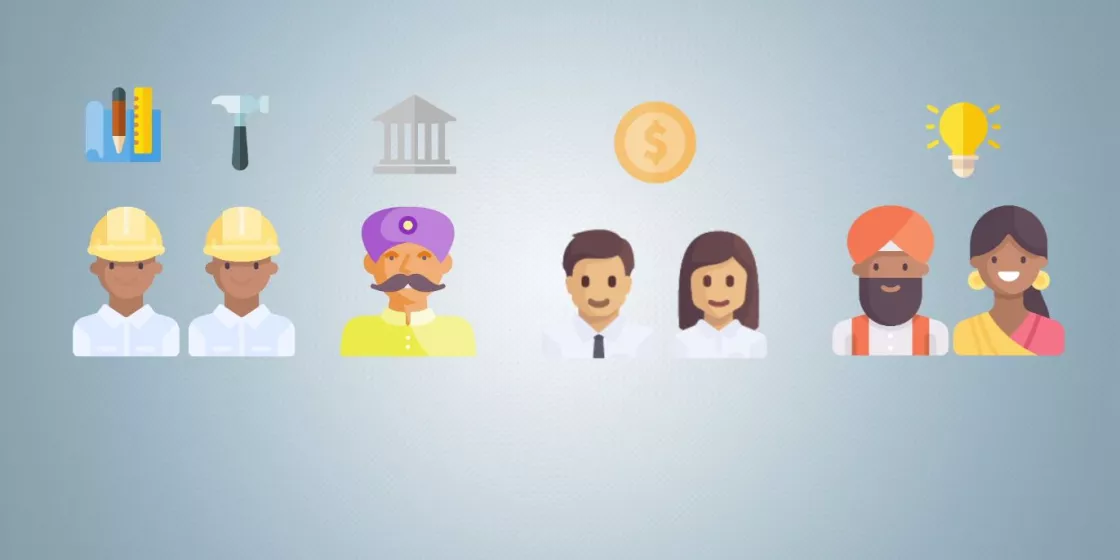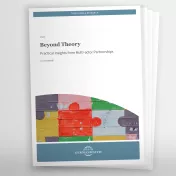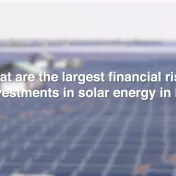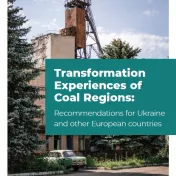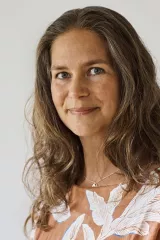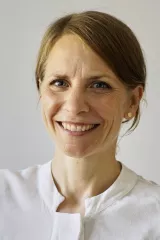Success Factors in Transformative Multi-Actor-Partnerships
In order for the socio-ecological transformation to succeed, actors from civil society, politics, the private sector and academia must work together at an eye level to develop common goals and cooperate to achieve them. This is where the concept of multi-actor partnership (MAP) comes in: Based on the assumption that committed cooperation leads to viable solutions, multi-actor partnerships must take into account and take seriously the complex interests of the actors involved and affected. Thus, they are much more than just a consultation round of different partners. The analysis and the recommendations derived from it are based on the experience gained by local partners in tandem with Germanwatch in seven MAPs in the field of climate, energy and just transformation in different country contexts.

